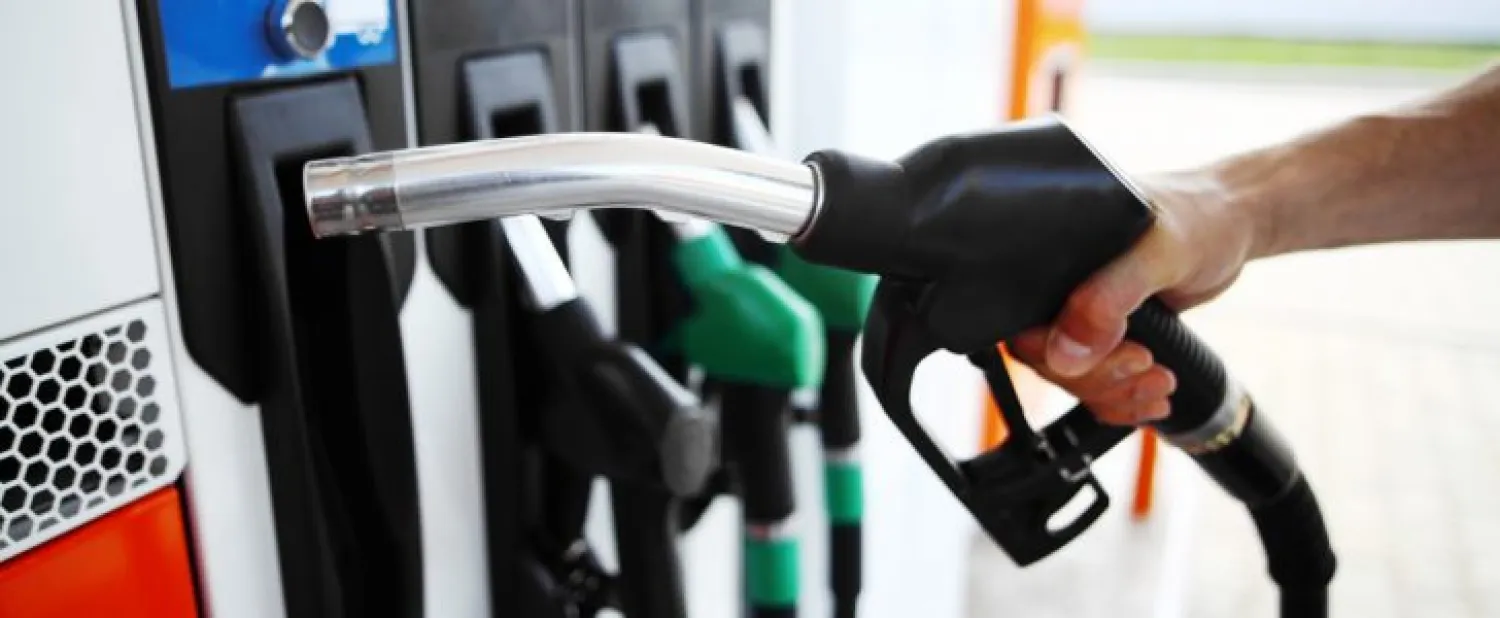Jordanian King Abdullah II responded on Friday to the demands of Jordanians who demonstrated in thousands in the capital Amman and other cities in protest against the increase in the prices of oil derivatives.
The protests also demanded the resignation of Prime Minister Hani al-Mulki’s government.
In a letter issued Friday, PM Mulki, upon directives from King Abdullah II, said hikes in prices of fuel and electricity that were announced Thursday will be frozen for the current month.
The Premier said the decision takes into account the "severe economic conditions" and the holy month of Ramadan.
He also told the ministers that the decision of the fuel pricing committee would be suspended despite the sharp rise in oil prices globally after the average price per barrel hit $ 77 in May.
The government's fuel pricing committee issues its decision monthly since 2008 and includes in its membership representatives of the Ministries of Industry, Trade, Finance, Energy and Mineral Resources, the National Electricity Company, and Chairman of the Energy Committee at the Lower House of Parliament as an observer.
Jordanians held on Friday tens of protests in the capital and several other governorates over a decision related to the electricity income tax bill.
Protesters parked their cars in the middle of the streets across Jordan chanting slogans supporting the government resignation.
According to the PM letter, the government pricing committee decided to return to the May pricing list by setting the price of unleaded 90-octane gasoline at 0.815 Jordanian Dinar per liter, the unleaded 95-octane gasoline at 0.1050 and the Kerosene and solar at 0.615.
On Thursday, this same committee had set the price of unleaded 90-octane gasoline at 0.860 Jordanian Dinar per liter for June, the unleaded 95-octane gasoline at 0.1100, and the Kerosene and solar were priced at 0.645 per liter.
The fuel pricing committee meets monthly to adjust fuel prices to correspond with a formula applied since February 2008.









